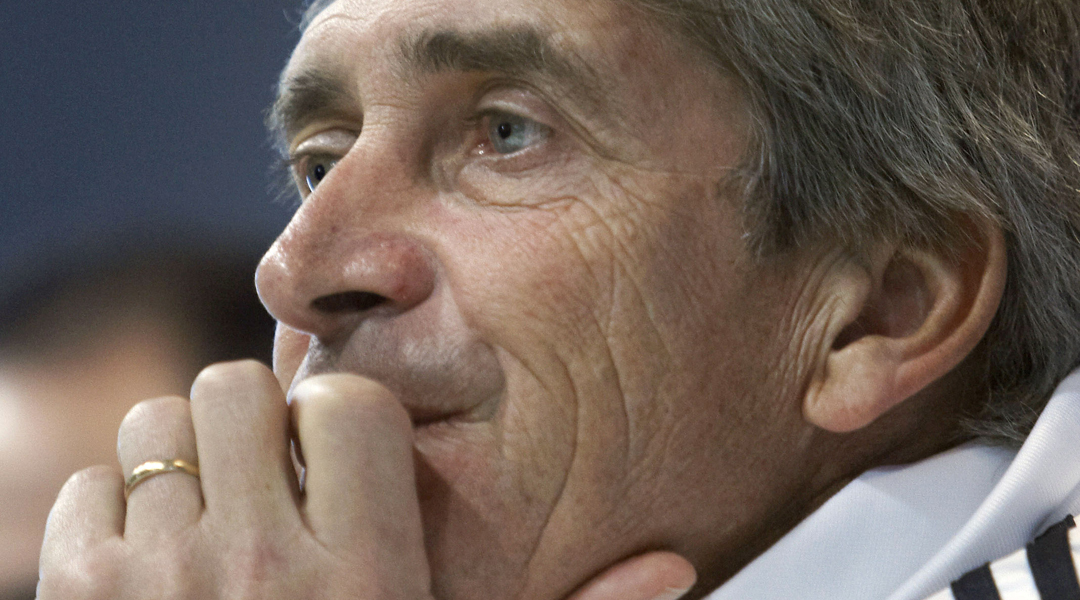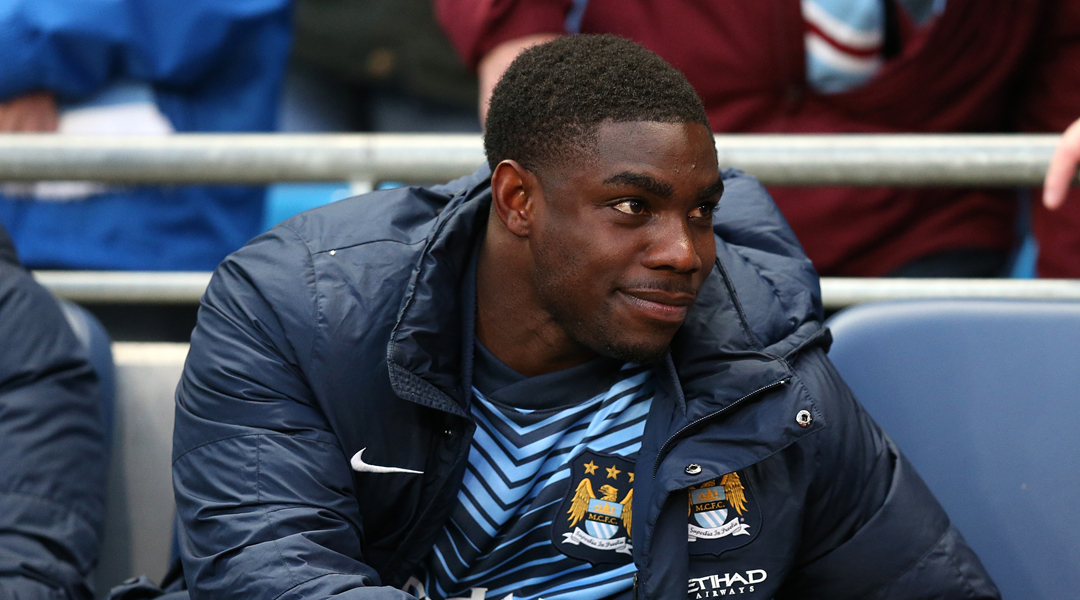How UEFA will dictate Man City's summer transfers
Scott Johnson explains how Manchester City's summer transfer spending could be made more complicated than usual...

Manchester City’s summer transfer dealings look set to be complicated. Even without the club's €60 million fine and trimming of next season's Champions League squad to 21 players for breaching Financial Fair Play regulations, Manuel Pellegrini already had enough plates to keep spinning with his current squad.
Firstly, he will need to resolve the uncertain futures of Edin Dzeko, Samir Nasri, Micah Richards, James Milner and Aleksander Kolarov, all of whom are all approaching the final 12 months of their current deals. Milner's situation in particular could prove troublesome, after reports on Monday suggested that the England man could be keen to leave the Etihad this summer.
Dzeko is enjoying his most prosperous season for the club since joining from Wolfsburg for £27m in January 2011. He has compensated for the drastic loss of form experienced by Alvaro Negredo and there would be no shortage of takers should he become available. Samir Nasri, a £24m purchase, has also experienced a renaissance under Pellegrini after falling out of favour under Roberto Mancini. Both are believed to have commenced contract talks and the club will be keen to tie them down before the World Cup, where Nasri won't be this summer.
Kolarov has provided stiff competition for Gael Clichy this term and Pellegrini appears to be a fan of the versatile Milner (which makes the 28-year-old's unhappiness worrying). But Micah Richards has already stated his desire to leave for first-team football and resuscitate his international career. He has yet to feature under Roy Hodgson and, as things stand, is a long way from adding to his 13 England caps. Whether or not Richards will be allowed to leave depends on City’s ability to name eight home grown players in their next 25-man squad, which looks difficult at present.

UEFA regulations state that all English clubs in European competition can name a maximum of 17 foreign players. City have space for one more and appear to have their heart set on Porto centre-back Eliaquim Mangala, who could well become a household name at the World Cup. Of their English contingent, Joleon Lescott, Gareth Barry (currently on loan at Everton) and Richard Wright (yes, he’s still there, look it up) are all set to depart when their contracts expire at the end of next month, Richards wants to leave, Milner too, while Scott Sinclair and Jack Rodwell remain on the periphery. That leaves Joe Hart and Gael Clichy, and possibly Dedryck Boyata if he stays.
So if you’re English or ‘home grown’, you know where to send your CV, because Manchester City will be forced to set their sights on players that spent at least three years over here during their formative years. It leaves Milner in a very strong position with regards to negotiating new terms on his £80,000-a-week deal, and may result in them holding on to Richards for another year before letting him leave for nothing in 2015. Now their Champions League squad has been cut, the need to sign players of a suitable standard is more pressing than padding out the squad with fringe players.
It also means they may have to part with some of their foreign players to make room for home grown players. Adam Lallana and Ross Barkley may tickle their fancy, but if they need to reinforce a different position and cannot identify a suitable candidate from these shores they will have to sell, buy a replacement for a player that does not require replacing, plus the player they actually require. So if they wanted to sign Bacary Sagna, who will see his Arsenal contract expire shortly and has been linked with a move to the Etihad, the move could involve a chain of four transfers to facilitate it; the Frenchman's capture, the sale of Richards and one of their foreign players, then the signing of a home-grown replacement.
Get FourFourTwo Newsletter
The best features, fun and footballing quizzes, straight to your inbox every week.
Their acclaimed academy may yet bail them out, but that would require fast tracking the likes of Marcos Lopes, Karim Rekik and Emyr Huws, and whether that would aid or hinder their development is another matter. However they decide to tackle the situation, they look set to endure a difficult summer. With no one to blame but themselves for the punishments and stipulations forced upon them, a lack of foresight would appear to be their toughest opponent in the near future.
